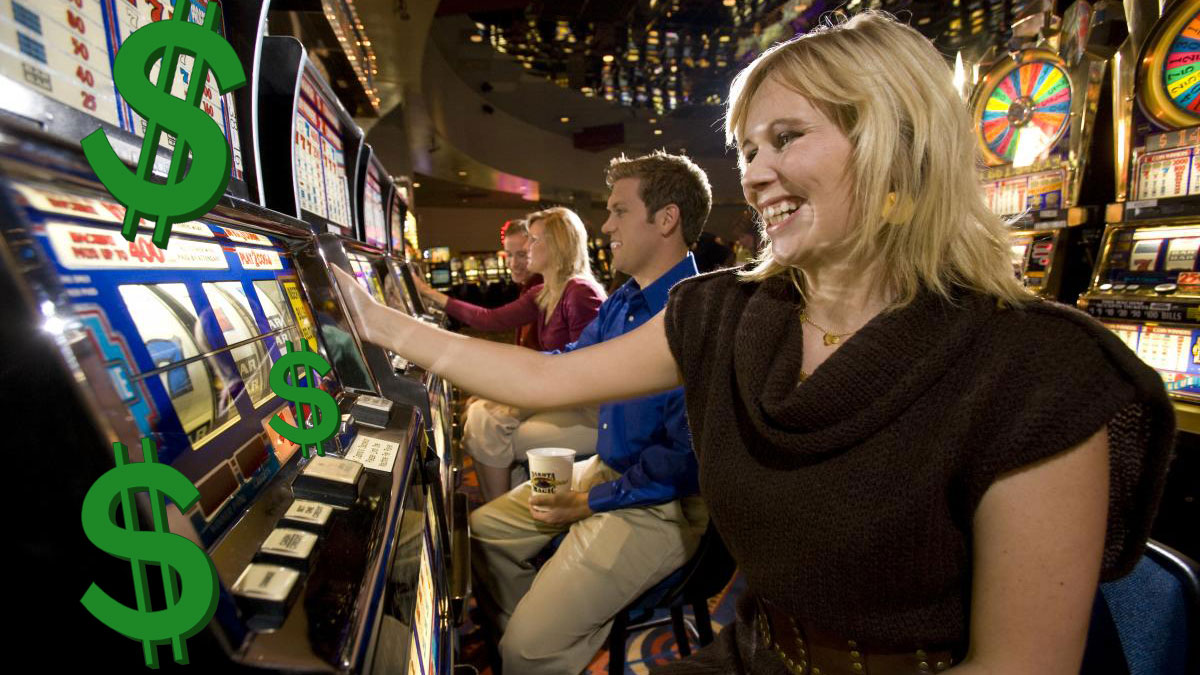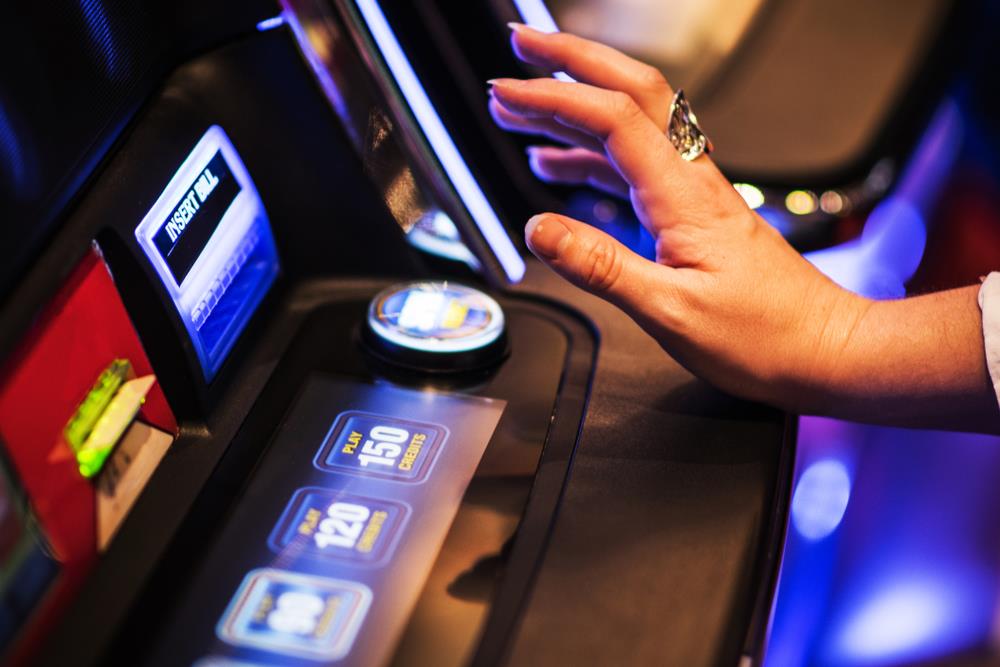- House Edge Slot Machines Troubleshooting
- Casino Lowest House Edge Slot Machines
- House Edge Slot Machines For Sale
- House Edge Slot Machines Machine
- House Edge Slot Machines Reviews
What is the house edge for the high limit slots? Would the $25 machines, the $100 machines and the $500 machines have a smaller house edge? If so, what would you guess them to be?
The simplest games, like slot machines and keno, have the highest house edge. But notice the simplest games have the biggest jackpots. That's why people flock to them. Why is the house edge important? It has a House Edge from 2% to 10%. You must have heard about this game or seen in pictures for sure. Considered as the undisputed warriors of casino games, they have stood the test of time. These are also called slot machines or arm pulling machines. They are not table games and therefore are not considered poker type.
But don't let that fool you into thinking the casinos are more generous simply because it's a higher denomination.
If you multiply the house edge by the typical coin-in per spin, you'll get a higher amount retained by the house with the higher denominations. So the casino makes more, even though it is taking a smaller cut.
Of course, that begs a question: Does that theory hold true all the way to the highest denominations?
The $100 and particularly $500 machines don't get much play. So do the casinos still take such a small slice, or do they start to think about how much it costs to keep the machine on the floor when they set it's edge?
But I do notice a difference between a .01 machine played at a penny per line (20 cent bet) and played at .10 per line ($2 bet); crank it up and watch it start to hit.
My guess is that this effect is based on a very small sample and not really the case; as humans, we try to make everything have a narrative, and the narrative would be 'I wasn't hitting, then I upped my bet and got 3 diamonds and played the bonus game!' When the truth is that I played out the $100 in about the same amount of time I would have anyhow.
Try putting ten million in, and THEN share your results.

 Sorry; I thought my tongue was pretty firmly in my cheek with that comment :)
Sorry; I thought my tongue was pretty firmly in my cheek with that comment :)Try putting ten million in, and THEN share your results.
But, but but....that would be a hoax and a myth then!
Try putting ten million in, and THEN share your results.
That would probably take 3000 years....
Try putting ten million in, and THEN share your results.
Sorry; I thought my tongue was pretty firmly in my cheek with that comment :)Oh.Sometimes it's hard to tell here.
Things will get easier when the new version of the forum gets implemented. Avitars help memory of who is who, and emoticons help mark satire....
Calculation of Casino House Edge
The house edge (HE) is defined as the casino profit expressed as a percentage of the player's original bet.
The player's disadvantage is a result of the casino not paying winning wagers according to the game's 'true odds,' which are the payouts expected considering the odds of a wager either winning or losing.
The house edge of casino games vary greatly with the game. House edges for slot machines and Keno may be up to 15% and 25% respectively.
In games which have a skill element, such as Blackjack or Spanish 21, the house edge is defined as the house advantage from optimal play (without the use of advanced techniques such as card counting), on the first hand of the shoe (container holding the cards).
The set of the optimal plays for all possible hands is known as 'basic strategy' and is highly dependent on the specific rules, and even the number of decks used. Good Blackjack and Spanish 21 games have house edges below 0.5%.
Example #1:
Calculate the house edge for American Roulette, which contains two zeros and 36 non-zero numbers (18 red and 18 black).
House Edge Slot Machines Troubleshooting
Solution #1:If a player bets $1 on red, his/her chances of winning $1 is 18/38 since 18 red numbers exist out of 38. However, his/her chance of losing $1 (i.e., winning −$1) is 20/38. Therefore, the expected value may be calculted as follows:
Expected Value = (1)(18/38) + (
 −1)(20/38)
−1)(20/38)Expected Value = 18/38 − 20/38
Expected Value = − 2/38 = − 1/19
Expected Value = −5.26%
Therefore, the house edge is 5.26%.
Example #2:
Calculate the house edge for European Roulette, which contain a single zero and 36 non-zero numbers (18 red and 18 black).
If a player bets $1 on red, his/her chances of winning $1 is 18/37 since 18 red numbers exist out of 37. However, his/her chance of losing $1 (i.e., winning −$1) is 19/37. Therefore, the expected value may be calculted as follows:
Expected Value = (1)(18/37) + (−1)(19/37)
Expected Value = 18/37 − 19/37
Expected Value = −1/37
Expected Value = −2.7%
Casino Lowest House Edge Slot Machines
Therefore, the house edge is 2.7%.
Example #3:
Calculate the house edge for a game played by wagering on a number from the roll of a single die with a payout of four times the amount wagered for a winning number.
Since the probability of a winning number for a single roll of a die is 1/6, it follows the game has 5 to 1 odds. However, with a payout of only four times the amount wagered (i.e., 4 to 1) for a winning number, the house edge may be calculated as follows:
House Edge = (true odds − payout odds) / (true odds + 1)
House Edge = (5 − 4)/(5 + 1)
House Edge Slot Machines For Sale
House Edge Slot Machines Machine
House Edge = 1House Edge Slot Machines Reviews
/6House Edge ≈ 16.67%